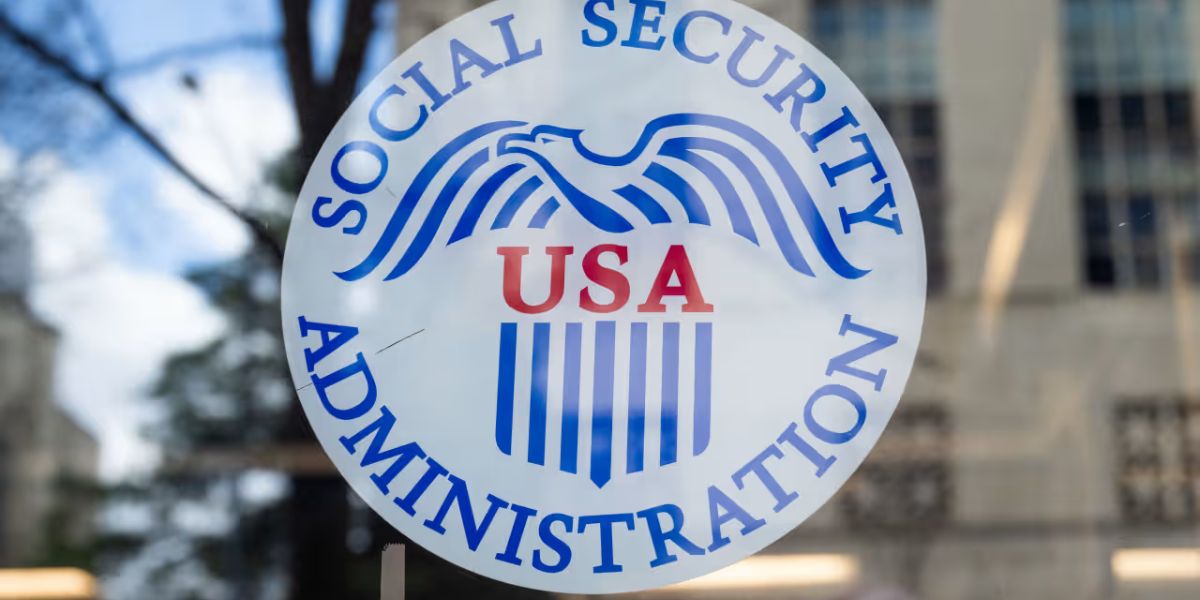Retirement should be a time to relax and enjoy life after years of hard work. But let’s be honest—it’s not always easy to trade your regular paycheck for the uncertainty of fixed income and surprise expenses.
Many retirees find themselves facing unexpected financial shocks that can throw their plans off course. You’re not alone if you worry about how to cover those costs—it’s a common struggle.
According to a Society of Actuaries survey, 20% of retirees and 35% of those approaching retirement have already experienced a financial shock.
The good news? Some of these shocks are foreseeable, and with a little planning, you can be ready.
If you want to avoid nasty surprises and keep your retirement on track, here are four common financial shocks to watch out for—and tips on how to prepare.
1. Healthcare Costs Can Be More Than You Expect
It’s no secret that healthcare will be a major expense in retirement, but most people seriously underestimate how much it will cost.
Fidelity estimates that the average 65-year-old will spend around $165,000 on healthcare during retirement—but many think it will be less than half that amount.
Why the big difference? Your healthcare needs and prescriptions can change over time, and Medicare doesn’t cover everything.
To avoid being blindsided, it’s smarter to overestimate your expenses and build a cushion. Using a Health Savings Account (HSA) now is a great way to save tax-free money for future medical bills, with tax-free withdrawals once you’re 65.
2. Long-Term Care Costs Are Often Catastrophic
Most retirees don’t plan for long-term care, but nearly 70% of Americans over 65 will need it at some point. Whether it’s help at home, assisted living, or a nursing home, the price tags are staggering—home health aides can cost nearly $78,000 a year, and nursing homes can be even more expensive.
Medicare usually doesn’t cover these costs, and Medicaid cuts have made planning even more critical. Consider talking with family, buying long-term care insurance, or setting up financial products like annuities or QLAC IRAs to prepare.
If you’re fortunate to have substantial investments, you might “self-insure,” but it’s important to plan ahead either way.
3. Home Repairs Add Up Fast in Retirement
If you’re staying in your longtime home, remember it’s aging too. While budgeting 1% to 4% of your home’s value annually for upkeep is common advice, big repairs like a new roof or HVAC system can cost tens of thousands of dollars.
Keep a healthy emergency fund—experts recommend one to two years of expenses in cash—to avoid dipping into investments during market downturns.
Read Also: Military Families: These 10 Benefits Could Save You Money and Stress
Also, as you get older, tackling repairs yourself becomes tougher, so factor in costs for professional help.
4. Aging in Place Costs Can Surprise You
More retirees want to “age in place,” staying in their current home and community rather than downsizing or moving.
While this sounds great, making your home safe and comfortable can mean costly renovations. Adding grab bars, walk-in showers, improved lighting, or smart home tech can quickly add up.
AARP reports that most Americans over 50 want to age in place, but the average cost for these changes ranges from $3,000 to $15,000.
Read Also: Where Should Veterans Retire? How Military Pension Taxes Vary by State
To prepare, get contractor quotes ahead of time and research helpful technologies. This way, you won’t be caught off guard when these expenses come knocking.
Final Thoughts: Small Steps Lead to Big Peace of Mind
Retirement shocks happen to many, but you don’t have to be one of the surprised. Planning for healthcare, long-term care, home maintenance, and aging in place today will help you avoid major setbacks tomorrow.
Start small—open an HSA, talk to your family about care plans, set aside a repair fund, and consider home modifications early. It’s not about getting everything perfect but about making steady progress toward financial security.
With a little preparation, you can focus more on enjoying your retirement and less on stressing about unexpected bills.



